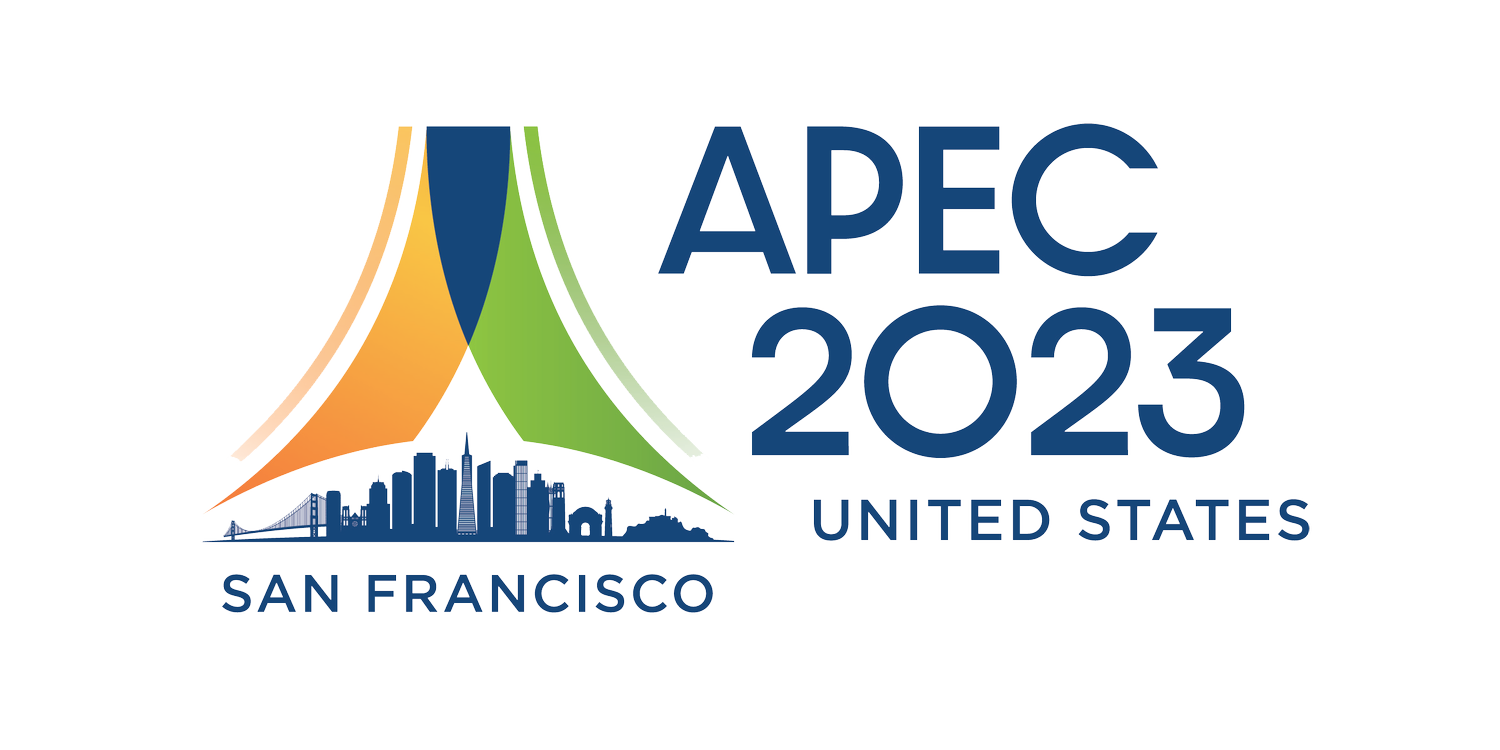
The Asia Pacific Economic Cooperation (APEC) CEO Summit will take place in San Francisco, November 15–17, overlapping with the Leaders’ Summit.
The CEO Summit will bring approximately 1,200 CEOs, thought leaders, and other stakeholders together with political leaders from the Asia-Pacific for two days of robust dialogue and engagement on global opportunities and challenges that are shaping economic, environmental, and societal trends in the region, including sustainable energy transition, inclusive growth, resilient systems and societies, and the promise of innovation in building a better future world.
The CEO Summit represents the most important gathering of Asia-Pacific business leaders each year and will include amongst its attendees CEOs of multinational corporations and leading companies in the Indo-Pacific, as well as leading figures from medial outlets in the region. Confirmed private sector speakers include CEOs of Visa, Mastercard, Pfizer, PwC, FedEx, ExxonMobil, and more.
More information on the CEO Summit can be found at APEC CEO Summit 2023.
To request an invitation to the CEO Summit, please click here.
2023 Leaders’ Meeting
The CEO Summit will take place alongside the Leaders’ Meeting, which is expected to draw approximately 1,000 media representatives, and nearly 30,000 delegates from across APEC’s member economies.
The November APEC meeting will be the largest convening of world leaders in San Francisco since the United Nations Charter was signed in 1945 during the UN Conference on International Organization. President Joe Biden and Vice President Kamala Harris will be in attendance alongside leaders from around the Asia-Pacific region, including President of China Xi Jinping.
The APEC 2023 theme is “Creating a Resilient and Sustainable Future for All,” which the forum plans to achieve through three drivers of economic growth: trade and investment; innovation and digitalization; and strong, balanced, secure, sustainable, and inclusive growth.
For more information about the APEC 2023 Leaders’ Week, visit www.APEC2023SF.org.
APEC Facts
Formed in 1989, APEC serves as a multilateral forum in which Asian and Pacific economies can solve economic problems and cooperate in developing key economic sectors. The APEC economies are: Australia, Brunei Darussalam, Canada, Chile, People’s Republic of China, Hong Kong, Indonesia, Japan, Republic of Korea, Malaysia, Mexico, New Zealand, Papua New Guinea, Peru, Republic of the Philippines, Russia, Singapore, Chinese Taipei, Thailand, United States and Vietnam.
The 21 APEC economies represent approximately 60% of world gross domestic product (GDP), nearly 50% of world trade and 40% of the global population.
APEC commitments to promoting regional economic integration and trade, making trade and business easier across borders, supply chain connectivity, energy efficiency and renewables, and making sure growth is inclusive for everyone have seen great benefits for the region thus far as regional trade has increased multifold, with tariffs falling dramatically.
According to APEC, growth has soared in the region with real GDP and per capita income increasing, lifting millions out of poverty and creating a flourishing middle class.
California-APEC Trade
In 2022, California exported $129.89 billion to APEC, 10.4% of the national total. Of total California exports to APEC, 22.8% consisted of computer and electronics ($29.66 billion). Other top exports included non-electrical machinery, transportation equipment, processed foods and chemicals. California imported $406.13 billion from APEC in 2022, 30.8% of which was made up of computers and electronic products.
Other top imports included transportation equipment, electrical equipment, miscellaneous manufactured goods, and non-electrical machinery. In 2022, California was the top importing state from APEC and the second largest exporting state to the region.
CalChamber Position
The CalChamber, in keeping with longstanding policy, enthusiastically supports free trade worldwide, expansion of international trade and investment, fair and equitable market access for California products abroad and elimination of disincentives that impede the international competitiveness of California business. New multilateral, sectoral and regional trade agreements ensure that the United States may continue to gain access to world markets, resulting in an improved economy and additional employment of Americans.
The APEC is important as a vehicle for all Asia-Pacific economic integration.
This regional group sets a high standard that will enhance the competitiveness of the countries that are part of it and help facilitate trade and promote investment among them, increasing their economic growth and development.

